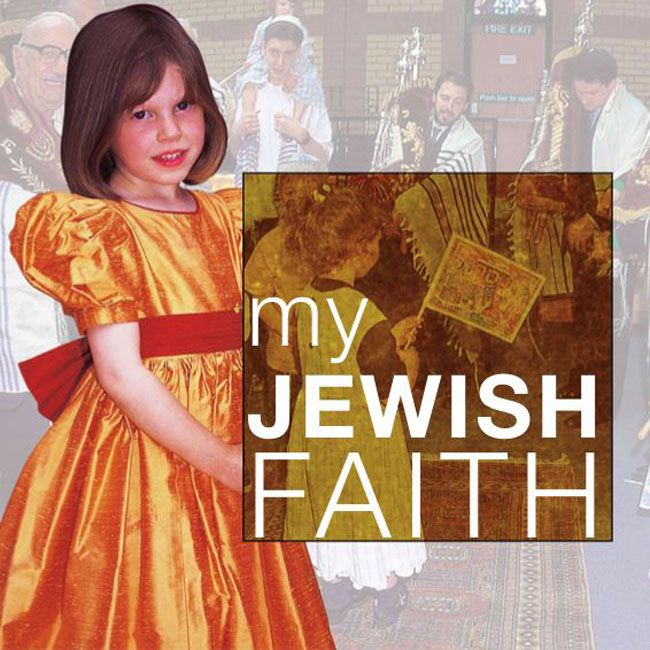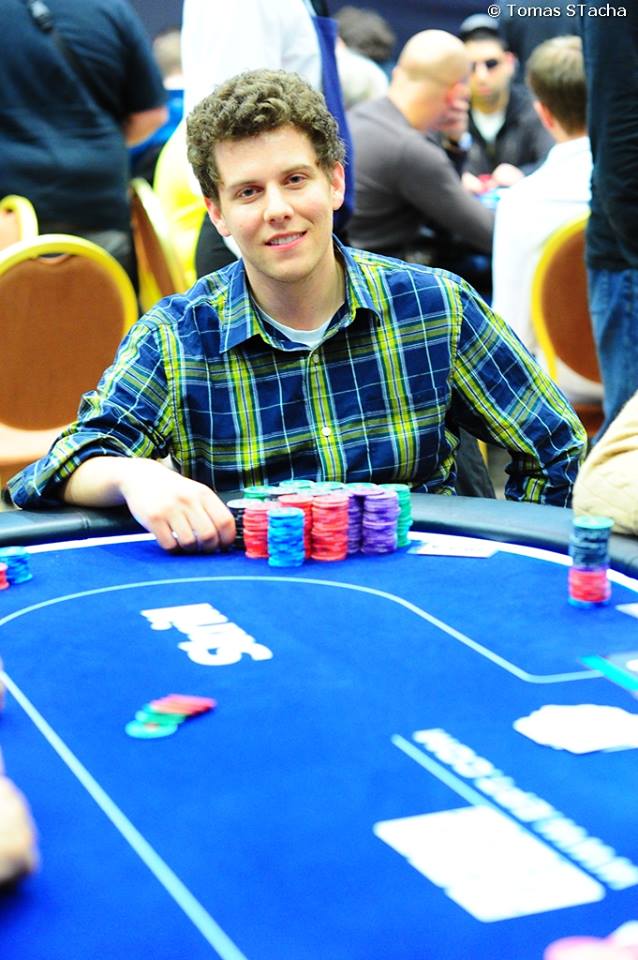Jewish Faith And Gambling
Jewish Faith And Gambling Act

Gambling by siblings, alcoholism in the father (but not in the mother), gambling prior to age 20, greater amounts of gambling for more money, and 'chasing losses in order to get even' were also. Gambling with the Jewish Law by Yehudah Poznick During the last elections in Israel approximately three years ago, over thirty political parties ran for seats in the Knesset, the Israeli Parliament. One of them, 'The Casino Party', had a very provocative platform: to legalize casino gambling in Israel. Unfortunately, gambling is a huge problem in the States and in other parts of the world. It is the source of many a case of financial ruin. After all, gambling can become an addiction. Bankruptcy is the eventual destination of around 20% of pathological gamblers. Therefore, it is the stance of Judaism that in this instance a person is deemed ill. Apparently Rabbis know more about gambling but they want to. The dreidel id part of a game in which children sometimes bet little candies on the outcome of a spin. Adults Sometimes ruin themselves financially gambling. Chabad runs a program called lifeline to deal with va.


Gambling is a subject which is well-known to divide opinions. In Judaism, the practice is largely frowned upon. Gamblers are not allowed to be called as a witness in a Jewish court, as it is believed that a person who gambles without any other source of income as they are not involved in earning an income which contributes to societal improvement. Judaism teaches that each person should seek to earn a living by contributing something useful to the world around them. Therefore, gambling stands in stark comparison as it is founded on the act of taking rather than giving.
The Talmud states that their exclusion is also because the person who has lost the bet does not hand over their money with a full heart, therefore the act of gambling can be considered a form of theft. The act of passing money with a full heart is an important distinction in Judaism. Some forms of betting are allowed if the purpose contributes to society. An example of this would be the selling of lottery tickets for mitzvah purposes. This is because the money is said to be passed with a full heart as the giver wishes to contribute to the end cause. Unfortunately, gambling comes in many shapes and many forms. There are a whole host of ways that people can gamble now, making it harder than ever to stick to Jewish teachings. Sites promoting mobile bingo are such as bingoonmobile are extremely easy to access. Online bingo has become hugely popular, both in the UK, the US and beyond. Now, numerous varieties of the game exist.
Jewish Faith And Gambling Day
The Jewish View on Cards and Gambling In this week’s parasha, Matot-Massei, we read how the Israelites were supposed to divide up the Holy Land between the Twelve Tribes: And you shall inherit the land by lot according to your families; to the more numerous you shall give the more inheritance, and to the fewer you shall give the lesser.

In today’s society, the gambling industry holds a huge amount of power, making it extremely hard to ignore. At the turn of the millennium, more income was being generated by gambling alone than in a combination of some of the county’s top earning industries such as film and music. This is despite that various forms of gambling are still illegal in the US. The developments in mobile technology have made it easier than ever to play games on your mobile device which often lead users to gambling hubs online.
Land based gambling establishments are still only legal in a few states, such as Nevada, Delaware and New Jersey. Many are calling for stricter reforms from world leaders to prevent lax laws from passing. However, there are factions which seek to open the door even wider for gambling activity. People driven by profit and the huge illicit turnover that these activities represent push to issue gambling licenses in more states. Many providers have also joined the trend of online casinos. Huge amounts of cash are now being funnelled through online gambling sites, with many players using the site’s online status as a legal loophole.
One facet of gambling which is legal in most states is state lotteries. These generate a massive amount of income. Back in 2009, sales hit $58.25 billion and this figure has steadily risen ever since. Last year, in 2015, the total had risen by $15.62 bringing the overall total to a huge $73.87. The PowerBall is far and away the largest lottery. Currently, it is played in 43 of the nation’s 50 states and the District of Columbia and the Virgin Islands. Interestingly, Nevada is one of the 7 states where lottery tickets cannot be purchased. The jackpot can reach massive amounts, occasionally running into the hundreds of millions. However, it’s unlikely that the winner ever takes home the full amount. It is more realistic that they receive half of the listed figure. This practice of relying on something other than hard work to prosper stands at odds with the teachings of the Jewish religion.
Not everyone who has ever enjoyed a bet can be called a grave sinner. There is a case that for those who enjoy a very rare and modest bet, perhaps on a sporting team then the practice is not extremely damning. However, when someone will continuously stake their income in the hope of a huge financial gain without any hard work then this goes against teachings. Unfortunately, gambling is a huge problem in the States and in other parts of the world. It is the source of many a case of financial ruin. After all, gambling can become an addiction. Bankruptcy is the eventual destination of around 20% of pathological gamblers. Therefore, it is the stance of Judaism that in this instance a person is deemed ill.
References



